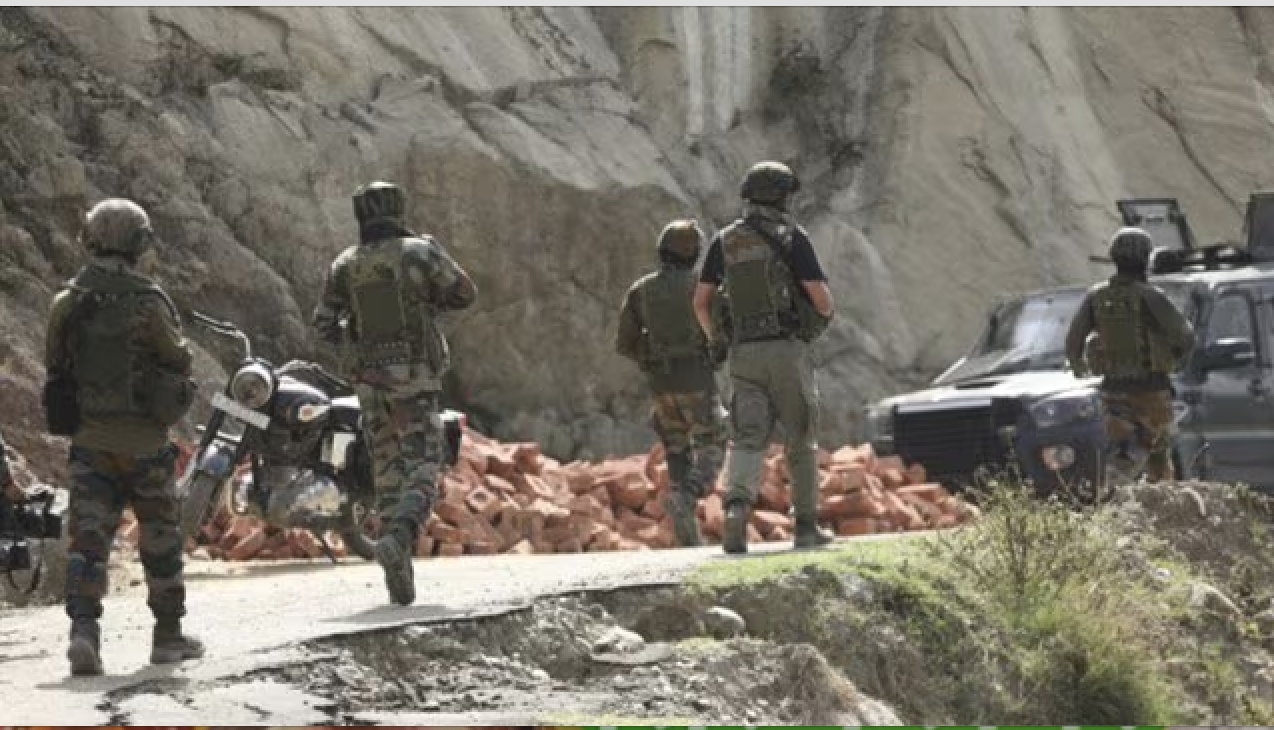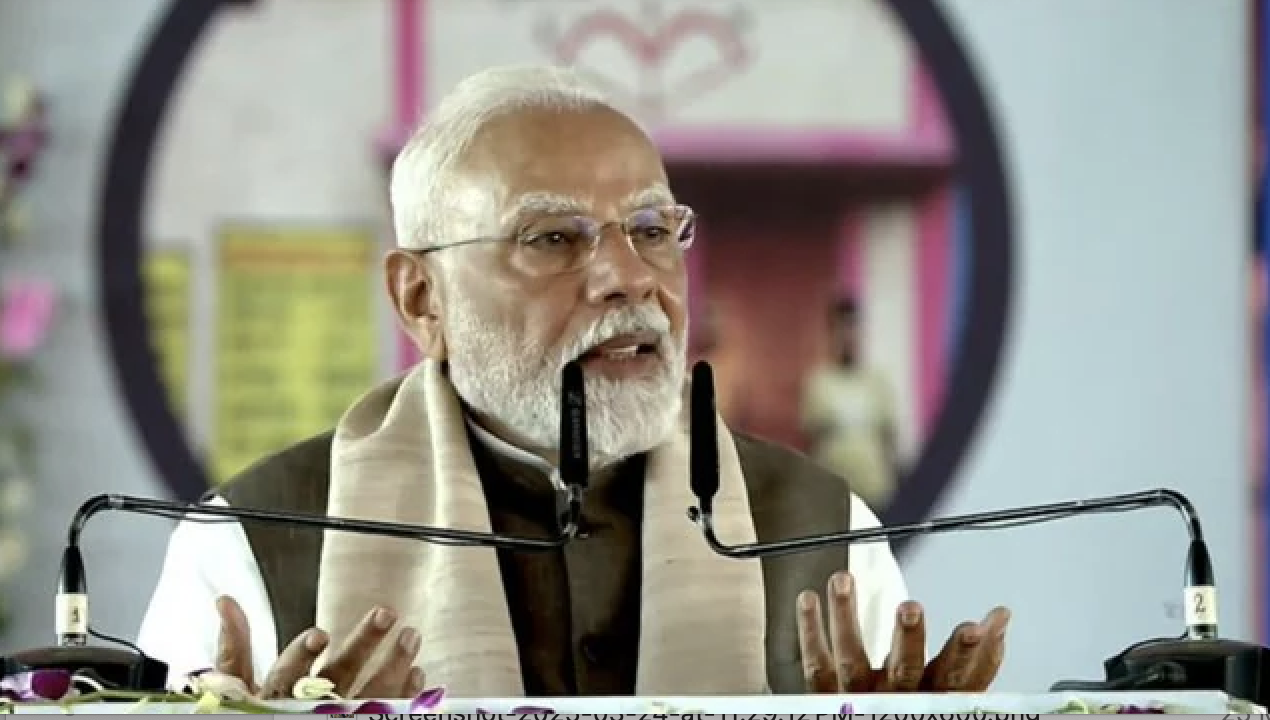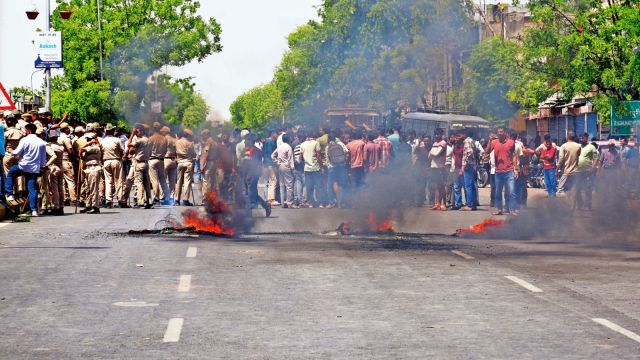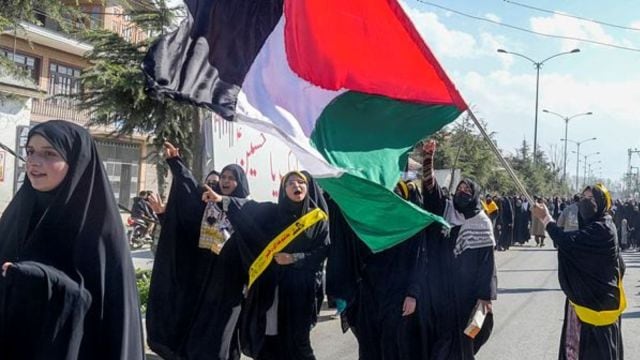Overview
On August 31, 2019, the government of the northeastern Indian state of Assam released an updated National Register of Citizens (NRC), originally introduced in 1951 as part of India’s first census. The purpose of updating this list was to verify the citizenship of Assam residents and aid the government in identifying so-called “infiltrators” or “illegal immigrants.” India’s Union government supported this effort, and both national and state leaders from the ruling Bharatiya Janata Party (BJP) have pushed for the implementation of an NRC in other states, including Maharashtra, Uttar Pradesh, and West Bengal. Union Home Minister Amit Shah has expressed his desire to implement a nationwide NRC.
The final NRC list excluded 1.9 million Assam residents. Moreover, a number of domestic and international organizations have expressed concern that the NRC is a targeted mechanism to disenfranchise Assam’s Bengali Muslim community, implicitly establishing a religious requirement for citizenship and potentially rendering large numbers of Muslims stateless. In June 2018, for instance, four United Nations special rapporteurs sent a letter to the Indian Minister for External Affairs stating their worries that “members of the Bengali Muslim minority in Assam have experienced discrimination in access to and enjoyment of citizenship status on the basis of their ethnic and religious minority status,” and “this discrimination is predicted to escalate as a result of the NRC.” The U.S. Commission on International Religious Freedom (USCIRF) raised similar warnings in its April 2019 Annual Report and an August 2019 statement.
To provide a better understanding of the religious freedom implications of the NRC, this issue brief provides background information on Assam’s political environment and the underlying impetus for the updated NRC; details the NRC implementation; and discusses the evidence of the BJP government’s religious partiality in supporting this effort.
Background: The NRC and the Ethnic Politics of Assam
The NRC has been inextricably bound with the ethnic politics of Assam. Dating back to British colonial policies and labor migration from Bengal into Assam, the ethnic Assamese have long been concerned with potential demographic shifts in favor of ethnic Bengalis, many of whom worked as laborers on Assam’s large tea plantations.
This concern was heightened with the large influx of Bengalis from former East Bengal (East Pakistan) on its western border after Partition in 1947. Moreover, during the 1971 civil war in East Pakistan, which resulted in the establishment of Bangladesh, the mass migration of Bengalis fleeing to India was a further catalyst for anti- immigrant sentiment in Assam.
The anti-immigrant movement grew in prominence with the emergence of the Assam Movement led by the mass student activist organization All Assam Students Union (AASU) in the 1970s and early 1980s. This new group staged a series of protests to pressure the government to identify and expel illegal immigrants, particularly ethnic Bengalis viewed as foreigners. The AASU demanded that the government update the NRC in Assam to aid in this effort. This anti-immigrant agitation culminated in the Nellie Massacre on February 18, 1983. Over a period of eight hours, a mob led by AASU members descended on the town of Nellie and its surrounding villages in central Assam—largely inhabited by Bengali Muslims—and killed 1,819 people, according to official figures. It was one of the worst incidents of violence in modern Indian history and for which there have been no prosecutions.
To resolve this turmoil, the Union government and the AASU signed the 1985 Assam Accord. In return for the AASU calling off its campaign, the government agreed to establish a mechanism to identify “foreigners who came to Assam on or after March 25, 1971 [the date of Bangladeshi independence]” and ensure that “practical steps shall be taken to expel such foreigners.” Despite pressure from the AASU on the government to fulfill the requirements of the Assam Accord—including the AASU forming the political party Asom Gana Parishad, which governed Assam twice—subsequent governments did not follow through with these promises.
Implementation of the NRC Update
Following a 1999 decision by the Indian government to update the NRC in line with the Assam Accord, the Supreme Court of India issued a December 2014 ruling jumpstarting the process by directing the Assam government to complete the NRC update by January 2016. The BJP government—which had just won in the 2014 general elections—backed the court’s decision. In that subsequent NRC update, only individuals able to prove their citizenship prior to March 25, 1971, along with their descendants, would be identified as citizens. As verification, individuals needed to produce at least one from a list of documents issued to them prior to the cutoff date, or issued to an ancestor if born after 1971. These included: inclusion on the 1951 NRC or electoral rolls, citizenship certificate, passport, birth certificate, court records, land or bank documents, or any government-issued license.
Individuals were excluded from the NRC list for many different reasons. For many impoverished families, presenting the necessary documents to authorities was a challenge due to inadequate family record-keeping, illiteracy, or lack of money to travel to government offices or to file legal claims. People were also kept off the list because of minor inconsistences in paperwork, such as differences in the spelling of a name. Amnesty International referred to the verification process as “shoddy and lackadaisical” and ripe for abuse in targeting Muslims and other religious or ethnic minorities, already perceived to be foreigners.
Following delays, the Assam government released draft copies of the NRC in December 2017, with nearly 13 million names missing, and in July 2018, with four million names excluded. Those who were not included in draft lists faced an August 31, 2019 deadline to submit their citizenship documents. When the final NRC was released, 1.9 million residents discovered their names excluded from the list. Among those omitted were veterans of the Indian army and individuals, particularly women and children, whose relatives were included in the NRC using the same legacy documents. Excluded individuals have 120 days—up until December 31, 2019—to appeal their status to one of hundreds of Foreigners’ Tribunals recently set up for this purpose. Foreigners’ Tribunals are quasi-judicial bodies established pursuant to a 1964 law to adjudicate an individual’s citizenship status. With the criteria for appointment to Foreigners’ Tribunals recently loosened and a general lack of transparency in their decision-making process, human rights organizations have pointed to anti- Bengali and anti-Muslim bias in deciding these individual citizenship cases. Once declared foreigners, individuals then may become subject to detention in one of the government’s recently constructed mass detention camps in Assam to house newly labeled “illegal immigrants.”
With nearly two million individuals currently excluded from the NRC, there is a lack of clarity on what happens next. The growing concern is that those declared to be “illegal immigrants” will become stateless. India and Bangladesh currently do not have a repatriation agreement, with each repatriation case handled ad hoc between the two governments. Moreover, the number of Bangladeshi nationals deported by India and accepted by Bangladesh has been steadily declining in recent years, falling from 5,234 in 2013 to only 51 in 2017.
The Religious Freedom Implications of the NRC
Following the August 2019 release of the NRC, the BJP government has taken steps that reflect an anti- Muslim bias – core to its staunch support of the NRC update in Assam. The BJP has indicated its intent to create a “religious test” for Indian citizenship that would favor Hindus and selected religious minorities but exclude Muslims.
After the finalized list was released, observers quickly realized that large numbers of Bengali Hindus as well as Bengali Muslims were excluded. On the one hand, this is not surprising, as local Assamese view ethnic Bengalis, regardless of their religious identity, as foreigners. Yet, when they learned that Bengali Hindus were excluded as well, some BJP politicians called the exercise “full of errors” and challenged the NRC in its current form. They argued for a “re-verification” and pushed for a review by the Supreme Court. A member of the legislative assembly in Assam even offered to arrange legal assistance for any Hindus excluded, arguing, “No Hindu Bengali is a foreigner and should be included in the NRC unconditionally.” The national chief of the Rashtriya Swayamsevak Sangh (RSS) Mohan Bhagwat, the BJP’s ideological parent, challenged, “No Hindu will be expelled even if [that individual’s] name is missing from [the] NRC.”
To address the exclusion of Bengali Hindus, BJP officials at both the state and national levels have argued for the need to pass the Citizenship (Amendment) Bill. This bill would amend the Citizenship Act of 1955 (“Citizenship Act”) to allow non-Muslim immigrants from Afghanistan, Bangladesh, and Pakistan to gain Indian citizenship. Under the Citizenship Act, illegal immigrants are barred from acquiring citizenship. However, in the amendment, non-Muslims from these three countries would no longer be “treated as illegal migrants” and therefore would be eligible to apply for and gain Indian citizenship. Moreover, it would limit the length of qualifying residence in India for non-Muslims from 11 years to six years. Under the Citizenship (Amendment) Bill, Bengali Hindus and other non-Muslim religious minorities – even if they had been deemed foreigners and excluded from the NRC– would not be classified as illegal immigrants and therefore would not be subject to detention and deportation. The “illegal immigrant” label, and the potential statelessness that comes with it, would be reserved for Muslims. The Lok Sabha (the lower house of India’s parliament) initially passed this bill in January 2019, but the BJP government withdrew it the following month due to protests.
In West Bengal, the BJP president announced that passage of the Citizenship (Amendment) Bill in the Lok Sabha, in conjunction with a push for an NRC in the state, will be the main issue in its campaign ahead of State Assembly elections scheduled for 2021; West Bengal’s ruling Trinamool Congress Party opposes such efforts. Under pressure from the RSS and in the wake of the BJP’s electoral victory in May 2019, Home Minister Shah has also alluded that the Union government may reintroduce the Citizenship (Amendment) Bill during the Lok Sabha’s next session, lasting from November 18 to December 13, 2019, to mitigate the impact of the NRC on Bengali Hindus.
Conclusion
The process leading to the NRC update in Assam has been one marked by violence and bloodshed over the past four decades. And with competing ethnic, religious, and political agendas clashing within northeastern India, the potential for violence to erupt once again remains of concern. Moreover, the NRC as a tool to target religious minorities and, in particular, to render Indian Muslims stateless has become one more example of the downward trend in religious freedom conditions within India.
(USCIRF is an independent, bipartisan U.S. federal government commission, the first of its kind in the world, dedicated to defending the universal right to freedom of religion or belief abroad. USCIRF reviews the facts and circumstances of religious freedom violations and makes policy recommendations to the President, the Secretary of State, and Congress. USCIRF Commissioners are appointed by the President and the Congressional leadership of both political parties.)






